Collaboration and fragmentation: sustainability in the industry
On Ocean Day of The Superyacht Forum, sustainability-focused groups came together to clarify how the industry can push for positive change…
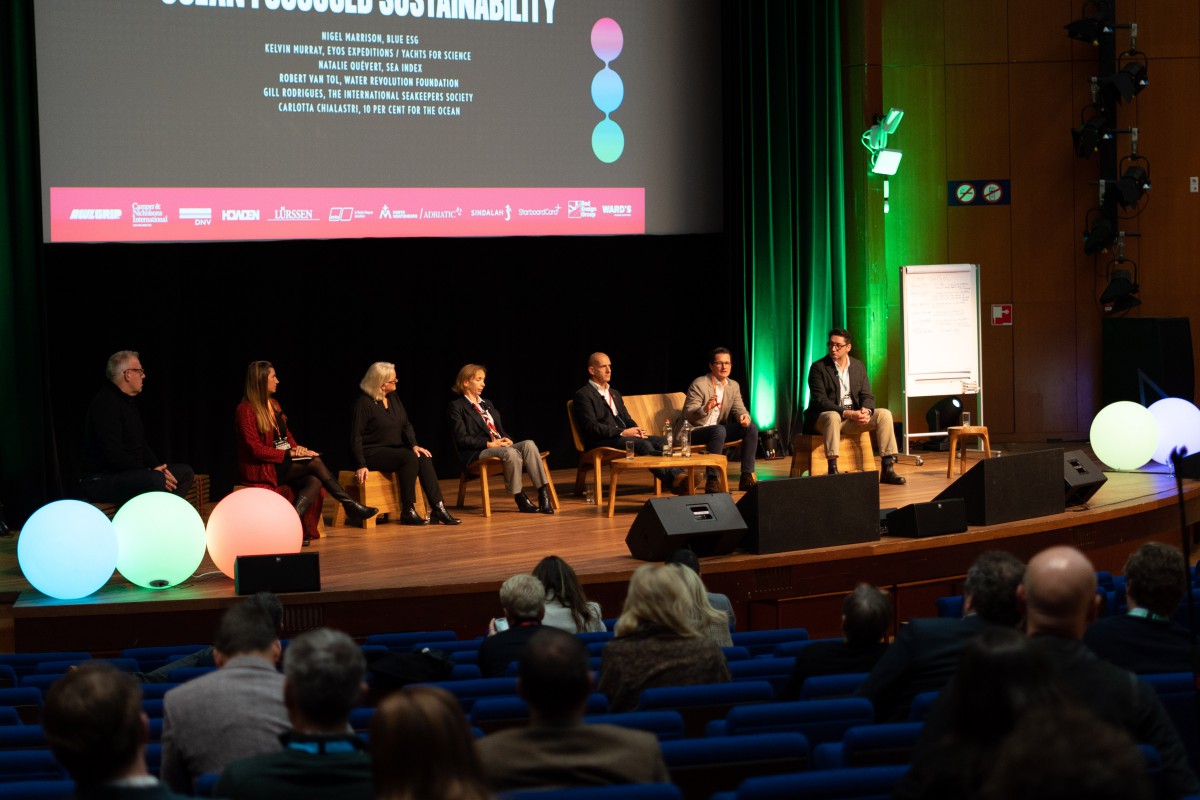
From left to right: Martin Redmayne, Carlotta Chialastri, Gill Rodrigues, Natalie Quévert, Nigel Marrison, Robert van Tol and Kelvin Murray.
Ocean Day of The Superyacht Forum at the RAI Amsterdam last year featured a roundtable discussion with representatives from various organisations working to improve the industry's environmental impact. These included Blue ESG, the International SeaKeepers Society, SEA Index, 10% for the Ocean, Water Revolution Foundation and Yachts for Science. This conversations on the second day of the event aimed to explicitly show what the remit of each of these groups actually is, as well as what type of support they need from the industry to continue their efforts to drive positive change.
A particular point of clarity was explaining the three different indices represented on the panel that are available to assess yachts’ environmental impact: SEA Index, Superyacht Carbon Intensity Index (SCII) from Blue ESG, and YETI from WRF. To put it succinctly, the SEA Index assesses the carbon emissions of a yacht based on the design of the vessel, SCII looks purely at the carbon emissions from the yacht's operational profile, and YETI looks at the entire life cycle of the yacht to assess the impact through more indicators than just CO2.
Alongside these indices, these companies are working on further initiatives to improve the industry's impact in different areas. This is another example of fragmentation across these initiatives. There seemed to be little indication of collaboration between these organisations, likely due to differing purposes/approaches, or confidentiality. However, it would still be advantageous to share information, where possible, due to overlap in the input data for the indices at least, let alone the benefit of collaboration with other efforts for progressing sustainability in the industry.
In contrast, collaboration is already taking place between the International SeaKeepers Society and Yachts for Science. As Kelvin Murray of Yachts for Science describes it as a “matchmaking service,” their joint mission is to facilitate connections between scientists requiring access to the marine environment for essential ocean science projects and yachts that can offer space for these researchers and their work. By sharing databases of scientists and available yachts, they aim to optimise the opportunities for conducting crucial research in the marine environment.
The roundtable debate also highlighted the several different avenues of support currently needed and that different groups within the sector could provide to contribute to positive change. Specific requests were diverse, covering various aspects. These included a call for direct donations or efforts to influence and encourage financial support for ocean preservation (10% for the Ocean). Businesses were also urged to take an active role, either by enhancing their offerings for customers or demanding improved practices from suppliers (WRF).
Yacht management companies received encouragement to play a role in assessing a larger portion of the existing fleet for the SCII (Blue ESG). Furthermore, there was a request for support from decision-makers to consider how they can enable ocean science projects, such as providing berths or designing spaces for research (Yachts for Science and International Seakeeper’s Society). Finally, a willingness was expressed to assess yachts and publish results for transparency (SEA Index). If we all get more involved in these different efforts where possible, we can start to advance the cause further, and generate a better outward message in regards to the sustainability of our industry.
All these organisations, except for the International SeaKeepers Society, are relatively young. Water Revolution Foundation, the next oldest, is a mere five years old. They are still in the early days of operating and influencing change. Therefore, it is crucial to continue supporting these groups, which will help them build the knowledge and capability needed to develop and push sustainability within the industry through various projects.
Martin Redmayne, Chairman of The Superyacht Group, made a pertinent point through his own wish from the industry. His wish reflected those of others wanting the industry to do more, and that is to measure exactly the impact the industry as a whole makes, and then set ourselves goals as part of the mission to reduce our impact. But this would require combining all our efforts from these initiatives into some singular endeavour, with support in the form of information and efforts from the rest of the industry.
Whilst this is still an emerging area for our industry, we mustn't get left behind whilst other industries already have overarching sustainability assessments, reports, and goals. Showing what we could and should do, lest we continue to be the target of environmental activists.
NEW: Sign up for SuperyachtNewsweek!
Get the latest weekly news, in-depth reports, intelligence, and strategic insights, delivered directly from The Superyacht Group's editors and market analysts.
Stay at the forefront of the superyacht industry with SuperyachtNewsweek
Click here to become part of The Superyacht Group community, and join us in our mission to make this industry accessible to all, and prosperous for the long-term. We are offering access to the superyacht industry’s most comprehensive and longstanding archive of business-critical information, as well as a comprehensive, real-time superyacht fleet database, for just £10 per month, because we are One Industry with One Mission. Sign up here.
Related news
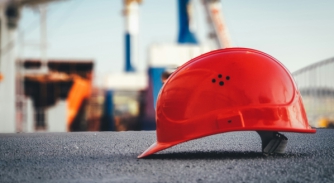
Class notations: a potential tool for progressing sustainability
Class societies have a role to play in advancing the sustainable design and operation of yachts, but are they maximising their efforts?
Crew

Corporate sustainability jargon busting
As more requirements come into effect that will directly affect the corporate world, we explain pertinent sustainability-focused terms
Technology
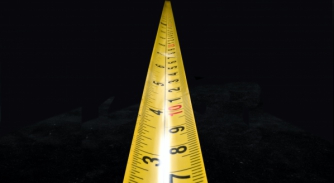
Cracking the YETI code
Water Revolution Foundation’s Yacht Environment Transparency Index and its scoring system to monitor a vessel’s environmental footprint
Technology
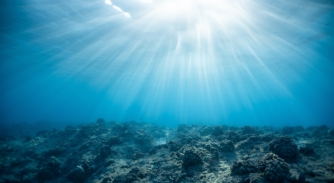
Submersible Operators Group
Leighton Rolley, Science Systems Manager at REV Ocean, discusses the recently published SOG report and the evolution of the submersible sector
Crew
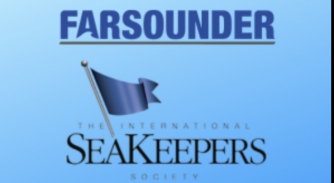
FarSounder and SeaKeepers partner in ocean science
The International SeaKeepers Society and FarSounder announce strategic alliance
Technology
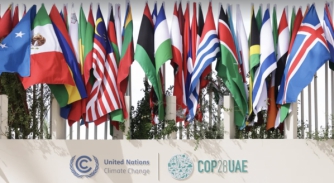
Yachting at COP28
A historic agreement was made this year, but COP28 also provided opportunities for yachts to feature their efforts to contribute towards a green transition
Crew
Related news
Corporate sustainability jargon busting
2 years ago
Cracking the YETI code
2 years ago
Submersible Operators Group
2 years ago
Yachting at COP28
2 years ago
NEW: Sign up for
SuperyachtNewsweek!
Get the latest weekly news, in-depth reports, intelligence, and strategic insights, delivered directly from The Superyacht Group's editors and market analysts.
Stay at the forefront of the superyacht industry with SuperyachtNewsweek



